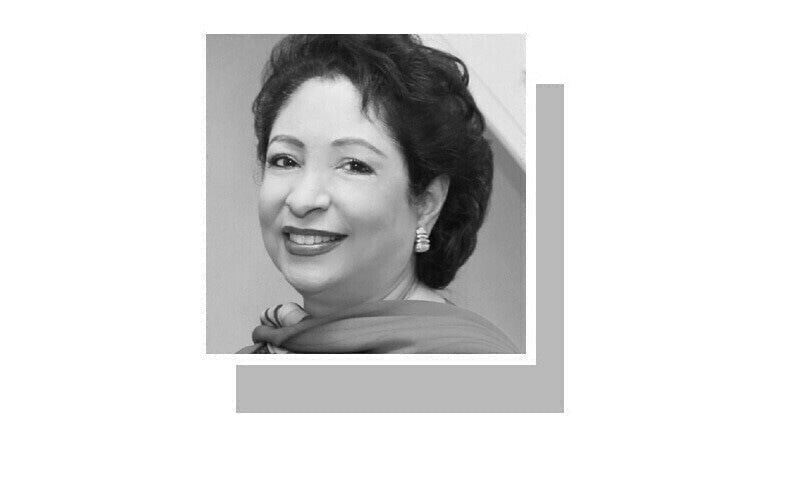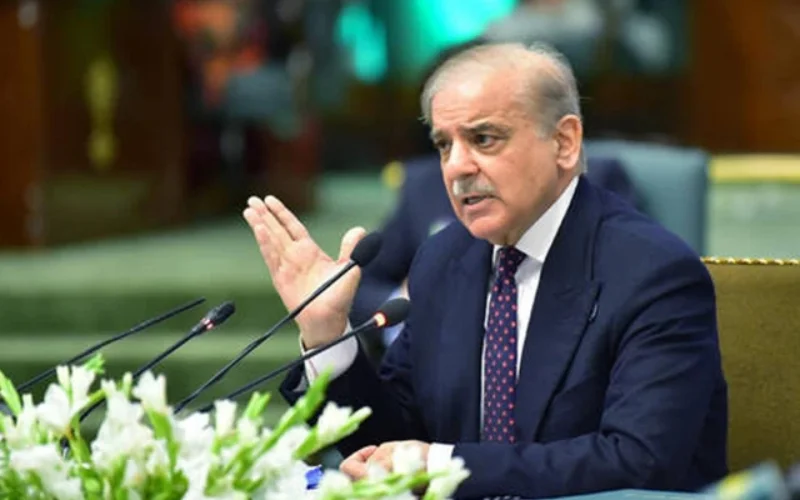PAKISTAN is one of the most over-diagnosed countries in the world. It has long been apparent what needs to be done for the country to achieve its promising potential. Its problems are well known. So are its solutions. But why have these solutions never been applied? Why has little been done to address the structural problems? Why have much-needed economic, educational and institutional reforms never been implemented? What is the impediment? What holds Pakistan back? What blocks meaningful progress?
Two words may answer these questions. Elite capture. Elite control of state power and of much of the country’s resources which enable overlapping elites to influence governance, politics and the economy as well as receive unwarranted benefits from such control — all at the expense of the public and without its consent.
A narrow, oligarchic elite has dominated the country’s politics and protected its interests with scant regard for societal welfare. A few hundred families have dominated virtually all of Pakistan’s legislatures, including the present ones, maintaining their grip on power through generations. Dynastic politics is emblematic of this. Party and electoral politics continues to be dominated by wealthy families, clans and networks of regional and local ‘influentials’. Even those from non-elite backgrounds are co-opted into elite culture.
This has remained largely unchanged despite economic and social changes of recent decades that have gradually been transforming the national landscape. These changes include greater urbanisation, rise of a larger middle class, shift in the economic centre of gravity from the countryside to urban centres, emergence of a diverse civil society and a more ‘connected’ and informed citizenry, thanks to the spread of technology. But politics and the political system have yet to be aligned with such changes. Instead, the old mould of control by entrenched elites continues. Politics remains a competition and power struggle among the political elite. Because power not purpose drives such politics it is bereft of ideas or any vision for the future.
A narrow elite, resistant to reform, prioritises its own interests over that of the people.
This power elite has resisted meaningful reform — whether land reform, tax reform or reforms in governance. It has ‘rentier’ characteristics: using access to public office as a means of leveraging state resources to transfer wealth and acquire unearned income.
Elite capture has meant governance challenges have multiplied over the years, leaving the country with daunting problems of state solvency, security and mounting energy and water shortages.
Elite dominance is obviously not unique to Pakistan. It is a phenomenon elsewhere too. Elites are found in all societies, and countries everywhere are run by them. But it depends on what kind of elites they are and the nature of elite capture — whether it helps or hinders societies and economies to grow and prosperity to be shared. The extent to which privileged elites control politics, governance and the economy in Pakistan makes it distinctive. So does the way this prevents mobility and perpetuates the relatively limited pool of decision-makers. Another distinct characteristic is the intersection and symbiotic relationship between political and military elites.
The military whose social background is increasingly middle or lower middle class often counterposes itself to the traditional political elite as a meritocratic institution that offers social mobility and functions on the basis of professionalism, which it does. But the alliances it forges are with the very political elite it criticises and sees as self-serving, venal and inept. The status quo interests of both are what bind them together. Both use patron-client relationships to reinforce their ascendancy and protect their privileged position.
There has been extensive discussion in the country about the politics and economics of elite capture and its consequences. UNDP’s National Human Development Report of 2021 found that economic privileges given to Pakistan’s elite groups, including the political class, corporate sector, feudal landlords and the military amounted to around $17. 4 billion or about six per cent of GDP. Among the stark, deep-rooted inequalities identified by the report are that the richest 20pc own almost 50pc of the country’s income while the landed elite which constitutes 1.1pc of the population owns 22pc of cultivable farmland. The report notes that both the urban and rural rich have strong representation in parliament. Powerful groups, it says, capture much more than their fair share through favourable policies and structural discrimination.
The Pakistan Institute of Development Economics has conducted extensive research on elite capture in different areas and its implications, while urging a nuanced debate on this. Its bimonthly publication of August/ September 2024 was dedicated entirely to this, with rich contributions from economists and other social scientists. Among PIDE’s research findings are that elite capture perpetuates/ widens inequality, constrains economic growth, limits the development of human capital, leads to lack of economic productivity and impedes social mobility. It produces substantial losses to the economy and results in stagnation. Poor governance is inescapable when policy decisions are made to further the interests of the elite rather than the public.
Rosita Armytage’s book, Big Capital in an Unequal World: The Micropolitics of Wealth in Pakistan (2020), alsogenerated much debate on elite capture.It profiled Pakistan’s business and industrial elite and offered insights into its ‘uppermost’ elite, and its networks and methods that help to maintain its position and reinforce inequality. The author finds Pakistan a compelling case of elite power, which, like many developing countries, is run by an oligarchy of economic and political interests and is afflicted by high levels of instability. This instability is encouraged by powerful families that benefit from it through the ‘culture of exemptions’, which enables members of the elite to buttress their positions and thwart competition. The book argues that major wealth in the country is concentrated among a limited number of families that dominate the principal political parties and leading firms and have family links with senior echelons of the military.
Amply clear from all of this is that unless public welfare, not the interests of a narrow, privileged elite, becomes central to the enterprise of governance, Pakistan cannot achieve its full potential. This choice, more than anything else, will determine the country’s fate and fortunes.
The writer is a former ambassador to the US, UK and UN.
Published in Dawn, September 1st, 2025



